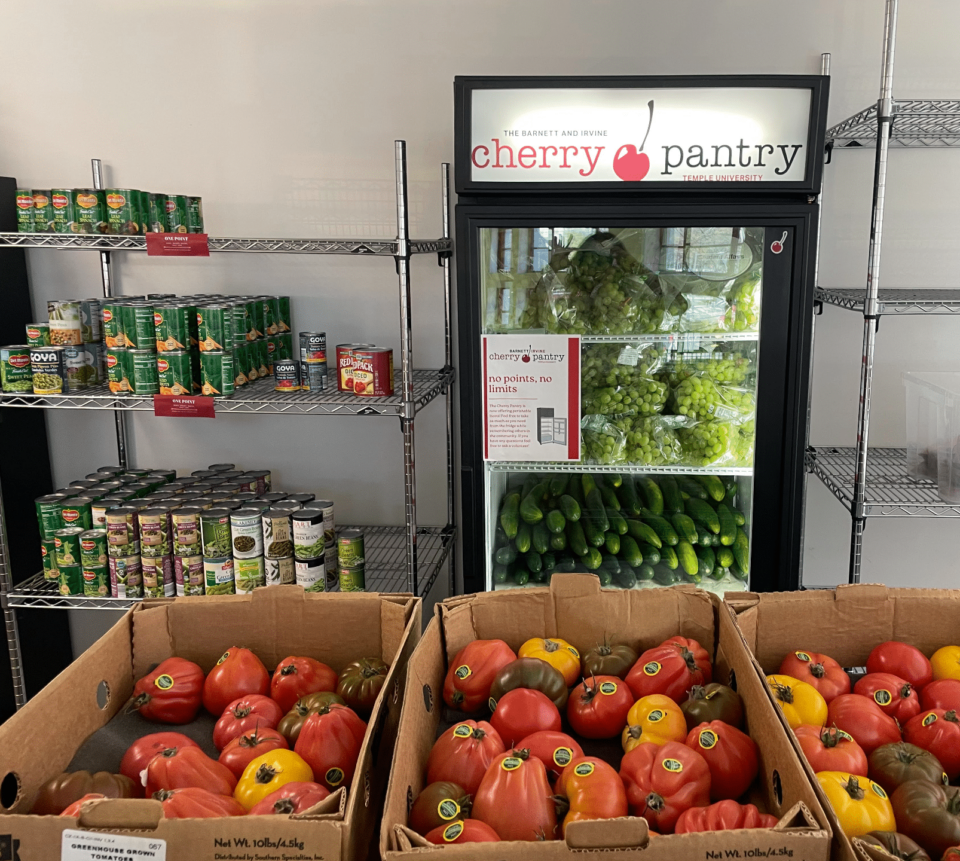 West Chester Borough is participating in a 12-month food composting pilot program partly funded by the Environmental Protection Agency (EPA) to show the benefits of diverting food scraps from landfills. From September 2016 through October 2017, Barclay Friends, Carlino’s Market, Chester County Hospital, The Hickman, Landmark Americana, Market Street Grill, Rams Head, Roots Cafe, The Split Rail Tavern and West Chester University’s Lawrence Dining Hall (food service provided through Aramark) are diverting their food scraps. The West Chester Borough Public Works Department is collecting these scraps and transporting them to a nearby permitted compost facility.
West Chester Borough is participating in a 12-month food composting pilot program partly funded by the Environmental Protection Agency (EPA) to show the benefits of diverting food scraps from landfills. From September 2016 through October 2017, Barclay Friends, Carlino’s Market, Chester County Hospital, The Hickman, Landmark Americana, Market Street Grill, Rams Head, Roots Cafe, The Split Rail Tavern and West Chester University’s Lawrence Dining Hall (food service provided through Aramark) are diverting their food scraps. The West Chester Borough Public Works Department is collecting these scraps and transporting them to a nearby permitted compost facility.
Composting offers both environmental and economic benefits. About 35 million tons of food waste reaches landfills and incinerators each year in the United States. Currently, food scraps and yard waste make up 20–30% of the waste stream in the United States. By decreasing the amount of food wasted, businesses pay less to dispose of their trash, so they save money. Converting those valuable food scraps into compost also keeps these materials out of landfills, where they release methane into the air—a greenhouse gas 21 times more potent than carbon dioxide emissions. The nutrient-rich compost can be used by farmers and landscapers, reducing their reliance on chemical fertilizers and reducing harmful agricultural run-off. Compost has the ability to help regenerate poor soils and can reduce the need for water, fertilizers and pesticides. This process completes the eco-efficient circle of resource recovery—what comes out of restaurants and other food generators as waste returns as food.
This is the second EPA grant awarded to Dr. Denise Polk at West Chester University related to composting as a source of food recovery.



